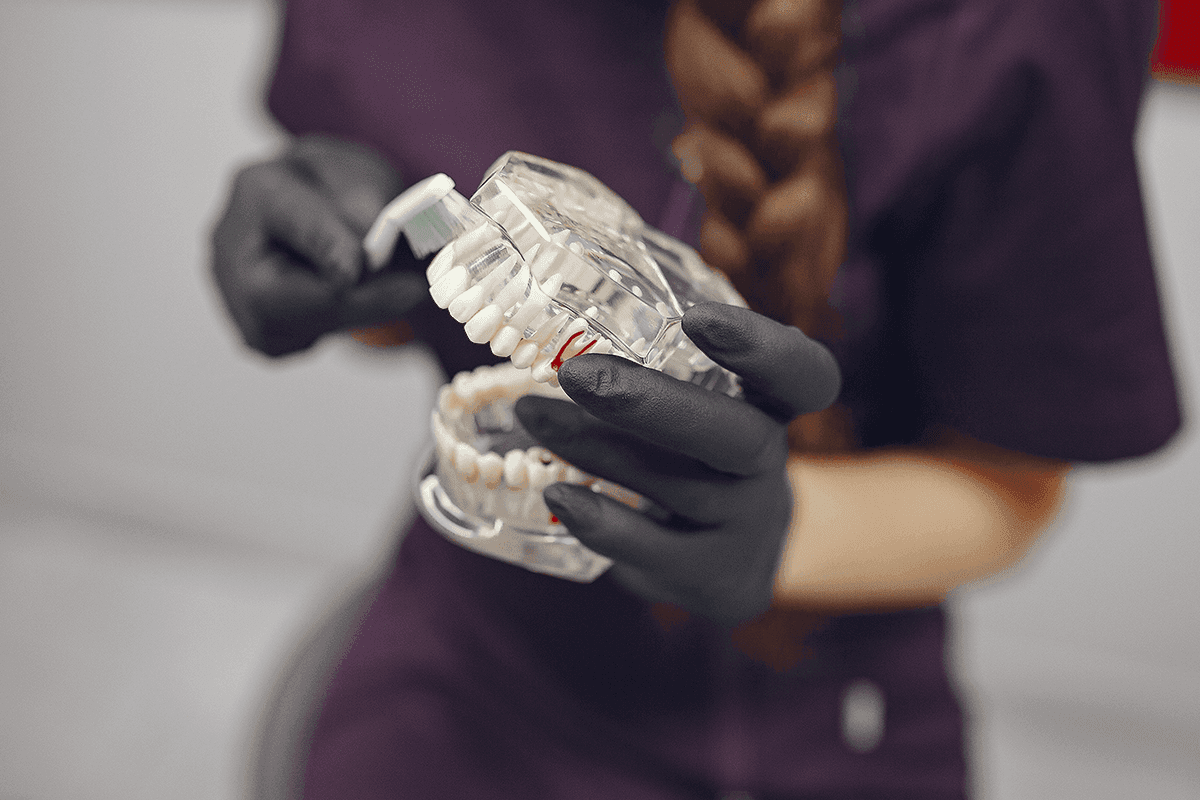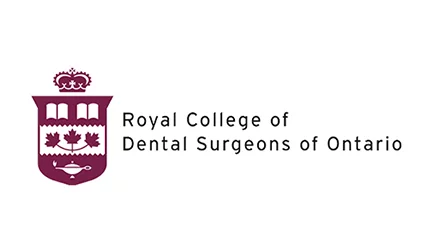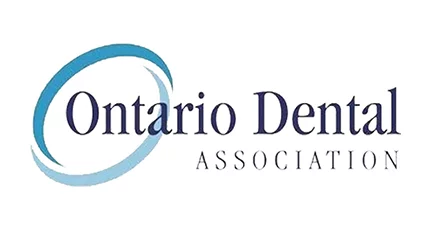WHAT ARE DENTAL SEALANTS?
Dental sealants act as a protective barrier between our teeth and cavities. They are thin coatings applied to the back surface of teeth (molars) that shield the chewing surfaces from harmful, cavity-causing bacteria. Dental professionals or oral hygienists usually recommend these protective coatings as part of a preventive oral treatment plan. Sealants are typically fabricated with a special plastic material that is either white or transparent in color. It is painted onto the top of teeth that have pits and deep grooves and effectively prevents the accumulation of bacteria.
Children and teenagers are usually considered the most suitable candidates for dental sealants. But adults without dental fillings can also benefit from this oral preventative approach. In general, anyone susceptible to the formation of cavities or decay in their molars should consider getting dental sealants.
BENEFITS OF DENTAL SEALANTS:
1. SUPPORTS YOUR ORAL CARE:
No matter how thorough you are with your oral care routine, it is still not possible to get every pit and groove properly cleaned, especially your molars. That’s why the need for dental sealants arises. Oral decay can result in huge inconvenience and might lead to severe oral problems if not treated at the right time.
However, after getting dental sealants, you can significantly reduce your risk of getting cavities. After having these protective coverings, you can also spend less time dealing with oral health problems and might require fewer dental visits. Therefore, it is better to minimize the chances of getting cavities through sealants rather than treating them later on.
Dental sealants are usually considered a great option for people who are more prone to developing cavities, such as those who have deep pits and grooves in their molars, thin enamel, or consume a diet high in refined sugar.
2. REDUCE DEEP GROOVES:
Our back teeth (molars) usually have deeper pits and depressions, which makes them harder to clean. No matter how well you brush, the bristles of your toothbrush cannot clean all these groves. These most unreachable spots are usually then primed for the accumulation of food debris and plaque build-up.
Ultimately, teeth with deep depressions lead to dental decay, but dental sealants can prevent it from developing in these vulnerable areas.
3. THE PROCESS IS QUICK AND PAINLESS:
The process of applying dental sealants is quite simple, quick, and painless. During this process, the teeth are cleaned and prepared for the sealant material to be installed. Teeth are prepared with the help of a mild solution, which slightly roughens the surface of each tooth to help the sealant material attach properly to the tooth’s surface.
Once the tooth has been prepared, the sealant is painted to the teeth. The sealant material flows into pits and depressions of the teeth’s surface and fills them in. Then this material is allowed to harden for 1 to 2 minutes until it is sealed completely.
4. THEY CAN BOOST YOUR ORAL ROUTINE:
Even if you are thorough with your oral routine, there is a slight chance you cannot reach all the crevices of your molars. That’s why dental sealants are recommended. They can complete your oral cleaning routine in a more effective way, taking your dental hygiene to the next level.
5. SEALANTS ARE SUITABLE FOR ALL AGES:
Sealants can prove to be beneficial for people of all ages, though it is usually considered that these protective coverings are useful only in children. While it is true that children are the most common age demographic for this oral treatment, individuals belonging to any age can acquire the same benefits. Permanent teeth of adults also have small pits, crevices and grooves that need to be covered to protect the tooth from the accumulation of bacteria.
6. THEY ARE LONG-LASTING:
Getting sealants during childhood will protect the teeth’ surfaces from bacteria throughout the most cavity-prone years because they can last for up to 10 years with proper care and good oral hygiene routines. However, over the years, it is usually necessary to periodically visit your dentist. He can check these protective coatings and recommend re-application or repair if required.
7. THEY ARE QUITE EASIER TO REPAIR AND MAINTAIN:
If the dental sealant becomes chipped or worn out, it can easily be repaired by dental professionals. They will clean off the area and apply more sealant, as necessary, to ensure the tooth is completely sealed and protected from cavities and other oral issues.
8. THEY CAN SAVE YOU MONEY IN LONG-TERM::
In addition to being an effective solution for protecting your teeth’ surfaces, sealants are also a much more affordable option as compared to other dental restorative procedures. Moreover, by getting them, you can save yourself from the costs of various complicated oral procedures in the future, as they help protect your oral health.
Furthermore, most dental insurance companies generally include sealants in the list of treatments covered under general policies.












